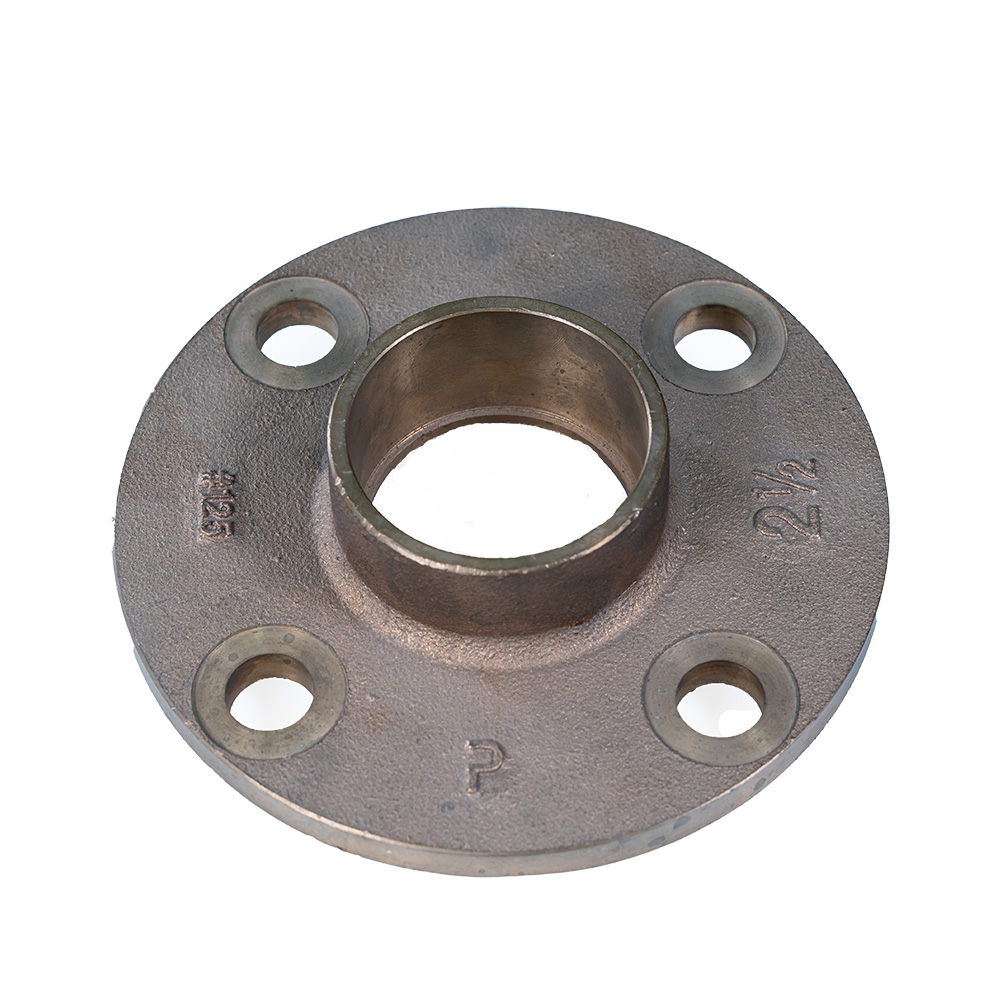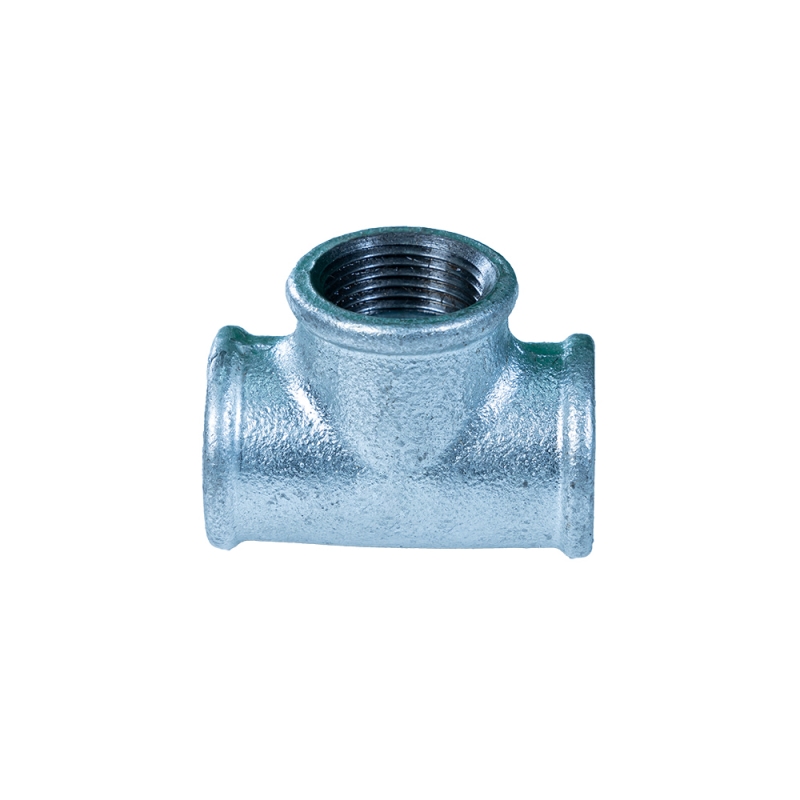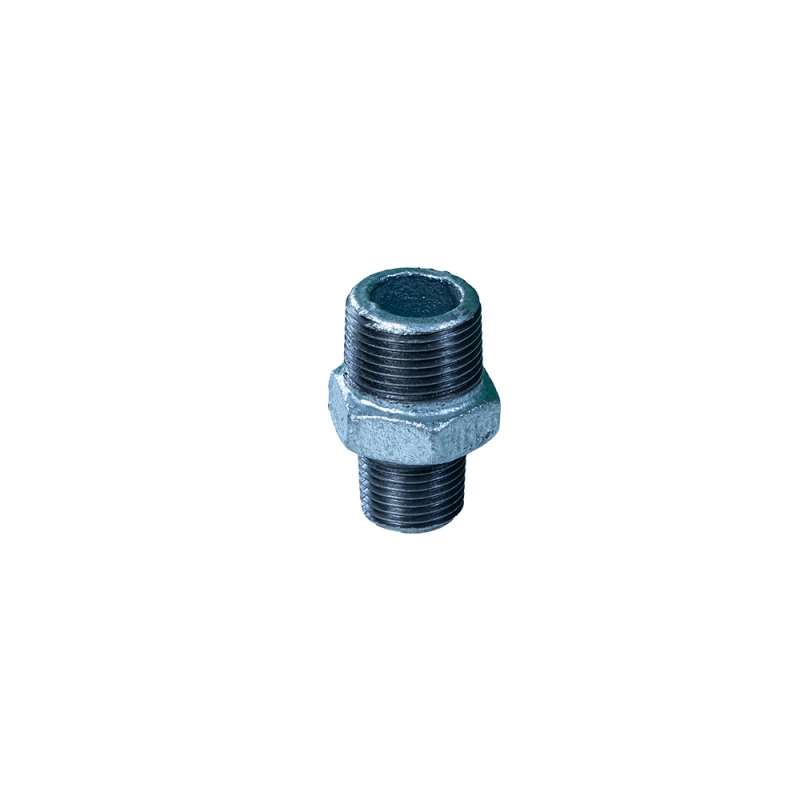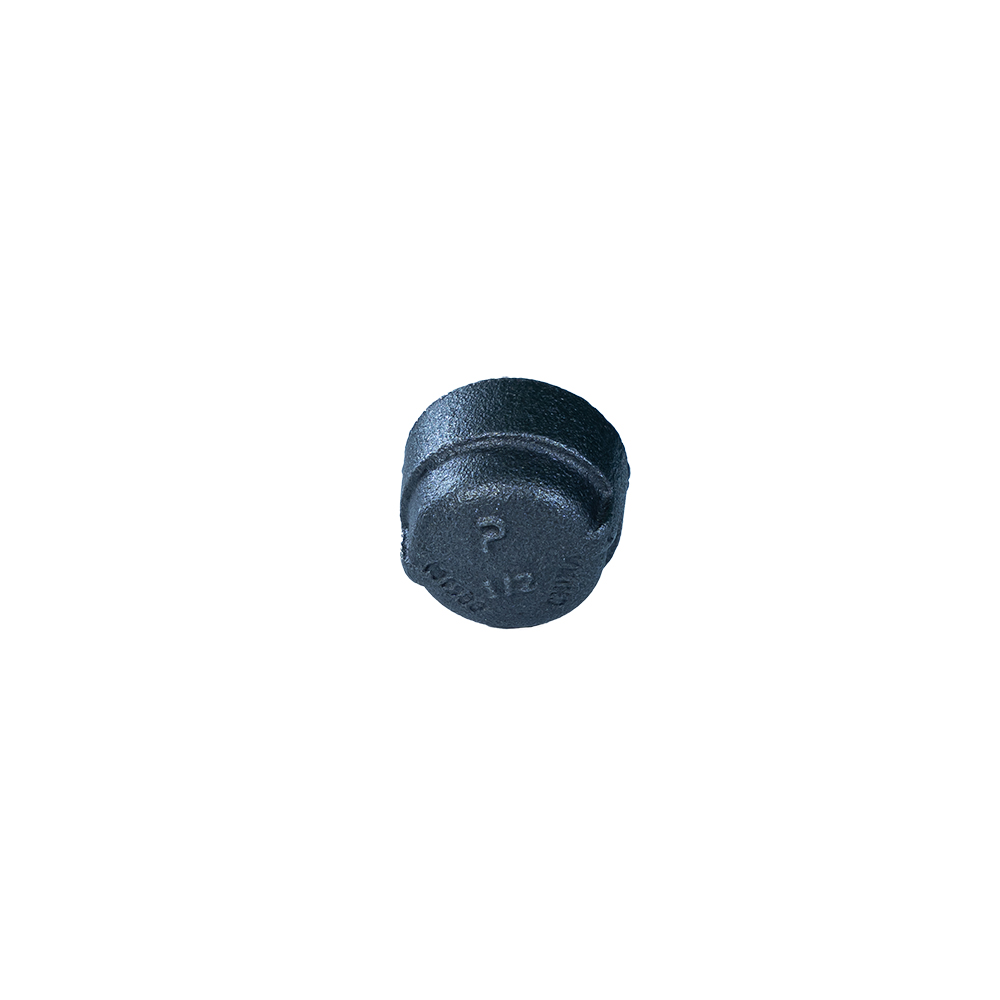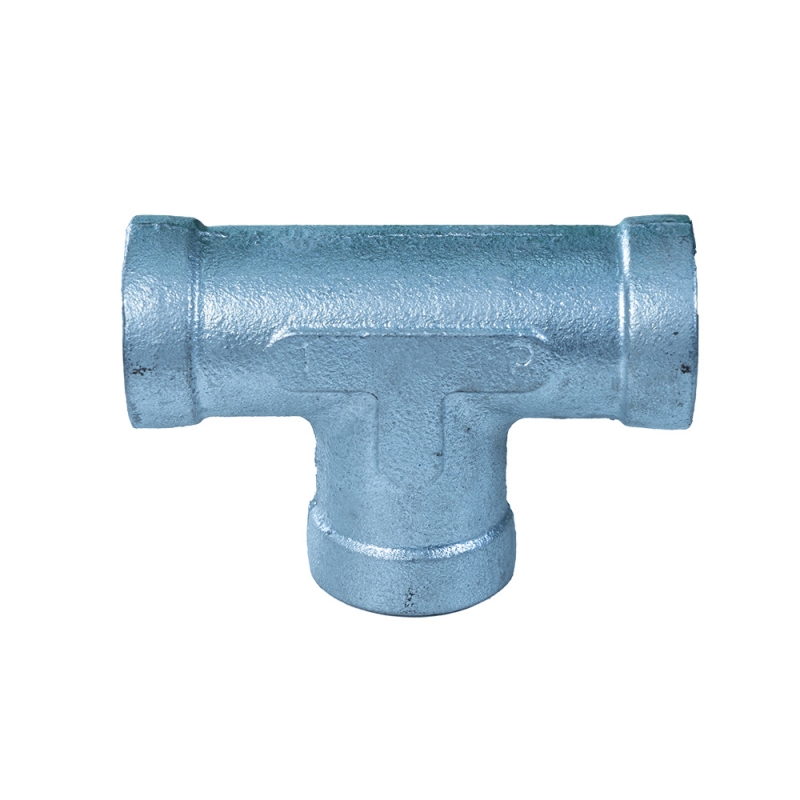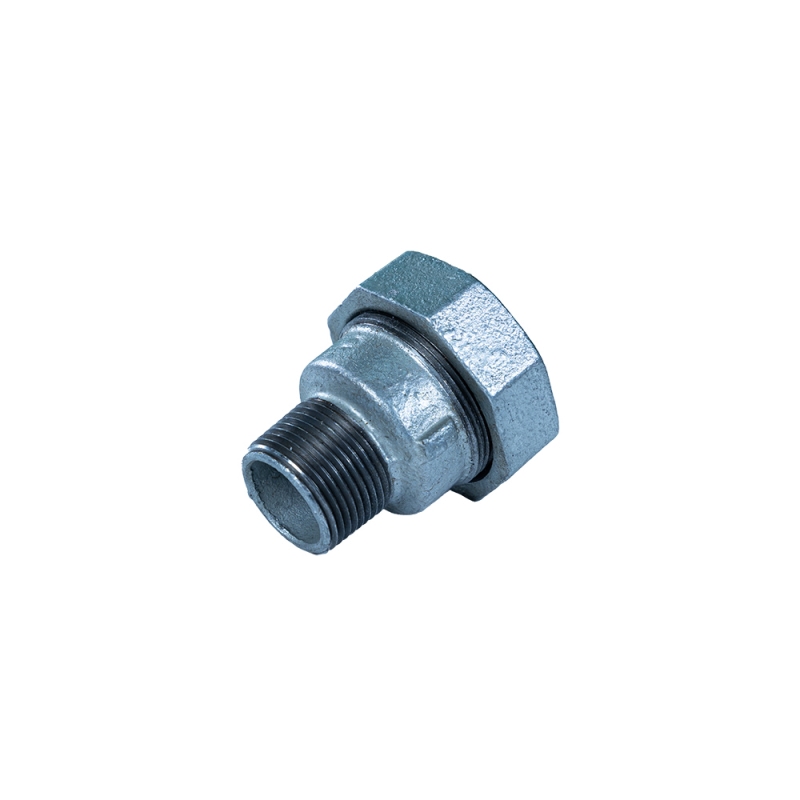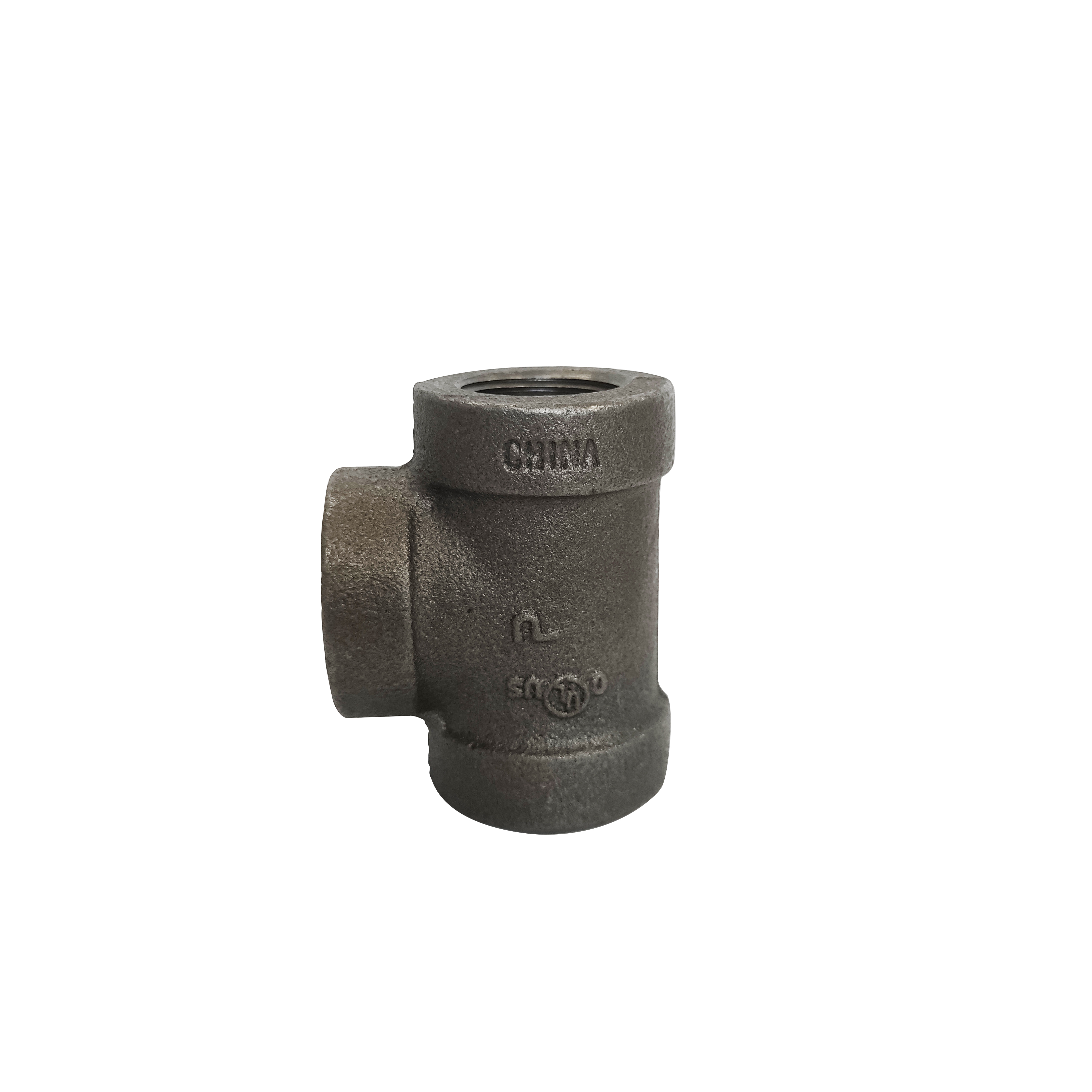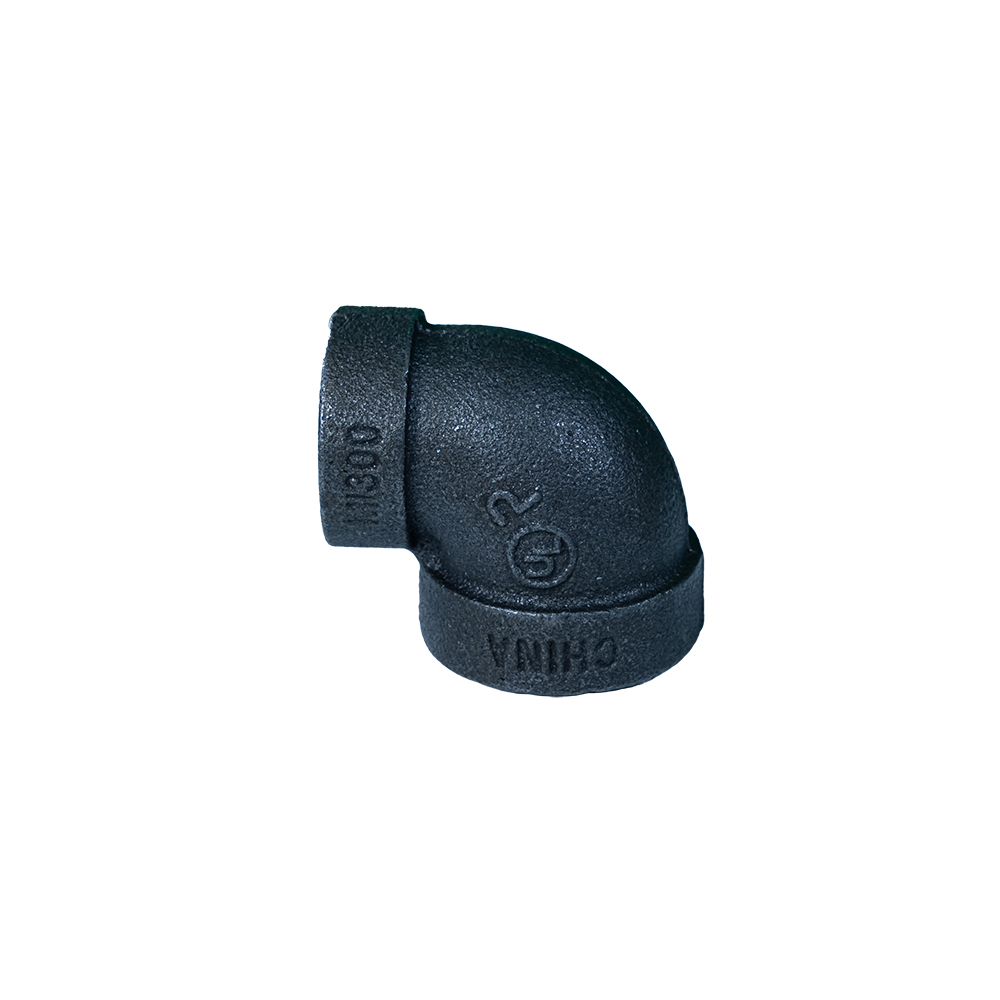In the intricate world of plumbing and piping, a variety of specialized components work together to ensure seamless fluid flow, secure connections, and long - term durability. From fittings that facilitate branching to threads that guarantee leak - proof joints, each element plays a vital role. Let's take a closer look at some essential components, including galvanized tee fitting, bulk plumbing fittings, british standard thread vs npt, 1 2 pipe union، و black pipe thread.
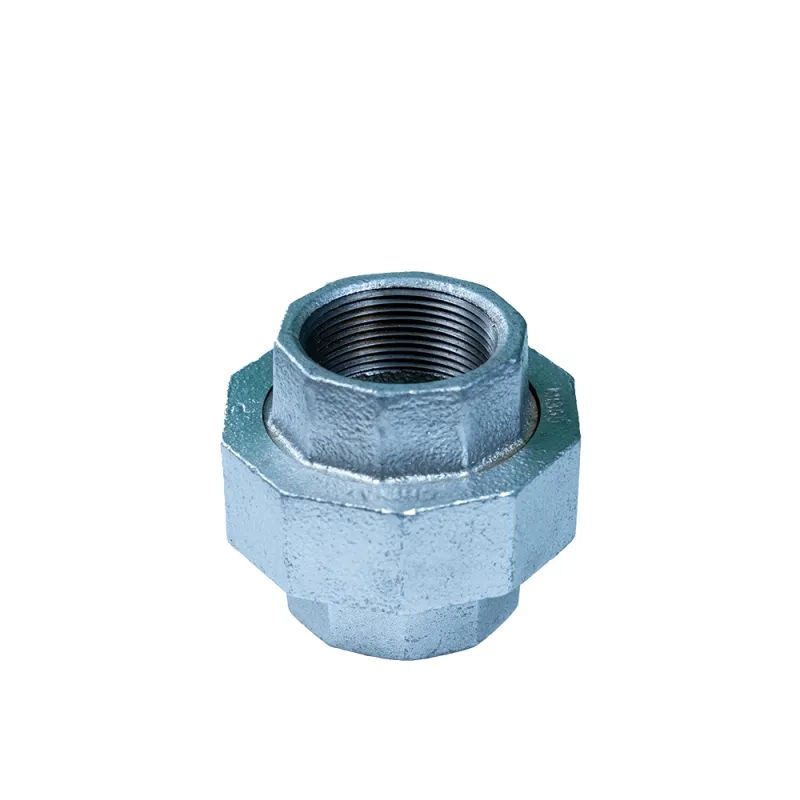
Versatile Solutions with Galvanized Tee Fittings
When it comes to creating efficient plumbing networks, a type of fitting that offers both strength and adaptability is the galvanized tee fitting. These tees are crafted from steel that has been coated with a layer of zinc through the galvanization process, providing excellent protection against corrosion. In a residential plumbing setup, a galvanized tee fitting can be used to split the water supply line, directing water to multiple fixtures such as sinks, showers, and toilets. The zinc coating not only extends the lifespan of the fitting but also ensures it can withstand the rigors of constant water flow and potential exposure to moisture, making it a reliable choice for both new installations and repairs.
Cost - Effective and Abundant Bulk Plumbing Fittings
For large - scale plumbing projects, whether in commercial buildings or industrial complexes, bulk plumbing fittings offer a practical and economical solution. Purchasing fittings in bulk allows contractors and builders to save on costs while ensuring they have an ample supply of components on hand. These bulk offerings can include a wide range of items, from elbows and couplings to valves and tees. In a large hotel construction, for example, buying bulk plumbing fittings means having all the necessary parts readily available to assemble complex plumbing systems that serve multiple floors and numerous rooms. Suppliers often provide bulk discounts, making it an attractive option for projects where quantity is key without sacrificing quality.
Navigating the Differences between British Standard Thread and NPT
Thread types are a critical aspect of piping systems, and understanding the nuances between different standards is essential. When it comes to british standard thread vs npt, several key differences exist. British Standard Threads, which encompass types like BSPP (British Standard Pipe Parallel) and BSPT (British Standard Pipe Taper), have their own set of specifications regarding thread pitch, diameter, and angle. NPT, or National Pipe Thread - Taper, on the other hand, is widely used in North America and has a tapered design that allows for a tighter seal as the fittings are screwed together. In international projects where components from different regions might be integrated, being aware of these differences is crucial. For instance, in a multinational industrial plant, ensuring that the threads on pipes and fittings from British - sourced equipment match correctly with those using NPT standards can prevent costly leaks and connection failures.
Reliable Connections with 1 2 Pipe Unions
In plumbing and piping systems, there are times when the ability to easily disconnect and reconnect pipes is necessary, and that's where 1 2 pipe union fittings come in handy. A 1 2 pipe union, with its 1/2 - inch size, is commonly used in smaller - scale applications such as residential plumbing or light - industrial setups. This type of union typically consists of three parts: two end pieces with male threads and a center nut with female threads. In a home plumbing system, if a section of pipe needs maintenance or repair, the 1 2 pipe union allows plumbers to quickly disassemble the connection without having to cut the pipe. Once the work is done, the union can be reassembled, providing a secure and leak - free joint. Its design ensures flexibility and ease of use, making it a valuable component in many piping configurations.
The Durability and Application of Black Pipe Threads
Black pipe thread refers to the threading on black steel pipes, which are often used in gas piping systems and some industrial applications. Black steel pipes are uncoated, giving them a dark appearance, and their threads are designed to create strong, reliable connections. In a commercial kitchen, for example, black pipe with its specific threading may be used to transport natural gas to stoves and ovens. The threads on black pipes are typically cut with precision to ensure a tight fit when joined with compatible fittings. However, due to the lack of coating, black pipe threads may be more prone to rust and corrosion over time if not properly maintained. Regular inspection and the use of appropriate sealants can help preserve the integrity of black pipe thread connections, ensuring the safe and efficient flow of gas or other substances through the pipes.
Plumbing and Piping FAQs
How can I tell if a galvanized tee fitting is of good quality?
Look for a uniform, smooth galvanized coating without any visible cracks, chips, or thin spots. Check that the threads are cleanly cut and free of burrs. Good - quality fittings will also be made from sturdy steel, and you can often tell by their weight; lighter fittings may indicate thinner or lower - grade material. Additionally, check for any manufacturer certifications or quality marks that assure compliance with industry standards.
What should I consider when buying bulk plumbing fittings?
First, ensure that the fittings meet the specific requirements of your project in terms of size, material, and type. Check the reputation of the supplier for reliability and quality. Consider the delivery options and lead times, especially if your project has a tight schedule. It's also a good idea to ask about return policies in case you receive damaged or incorrect items. Finally, compare prices from different suppliers to get the best value for your bulk purchase.
Can I use British Standard Thread fittings with NPT fittings?
In most cases, British Standard Thread fittings and NPT fittings are not directly compatible due to differences in thread pitch, angle, and taper. Mixing them without proper adapters can result in poor seals and leaks. If you need to connect components with different thread standards, it's essential to use specialized adapters designed to bridge the gap and ensure a secure connection.
How do I maintain 1 2 pipe unions?
Periodically check the pipe union for any signs of leaks, especially around the threaded connections and the center nut. Tighten the nut gently if you notice any looseness, but be careful not to overtighten and damage the threads. Clean the union regularly to remove any debris or mineral deposits that could affect the seal. If you need to disassemble the union for maintenance, apply a thin layer of pipe joint compound or Teflon tape when reassembling to ensure a tight and leak - free connection.
Are black pipe threads suitable for water supply systems?
Black pipe threads are not typically recommended for water supply systems. Since black steel pipes are uncoated, they are more likely to rust and corrode when exposed to water, which can contaminate the water and reduce the lifespan of the pipes. For water supply, materials like copper, PVC, or galvanized steel are preferred as they offer better corrosion resistance and ensure the safety and quality of the water.
Post time: أغسطس-26-2025


